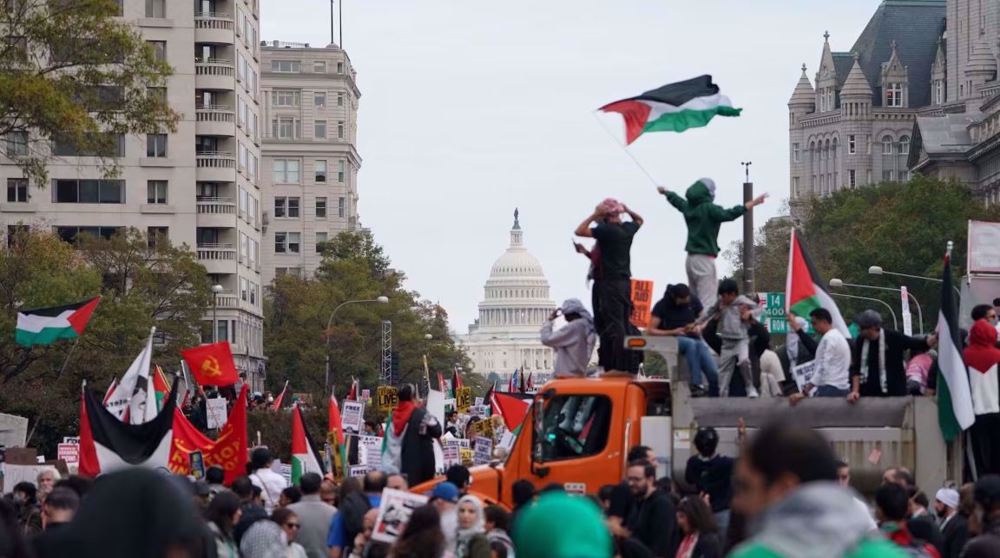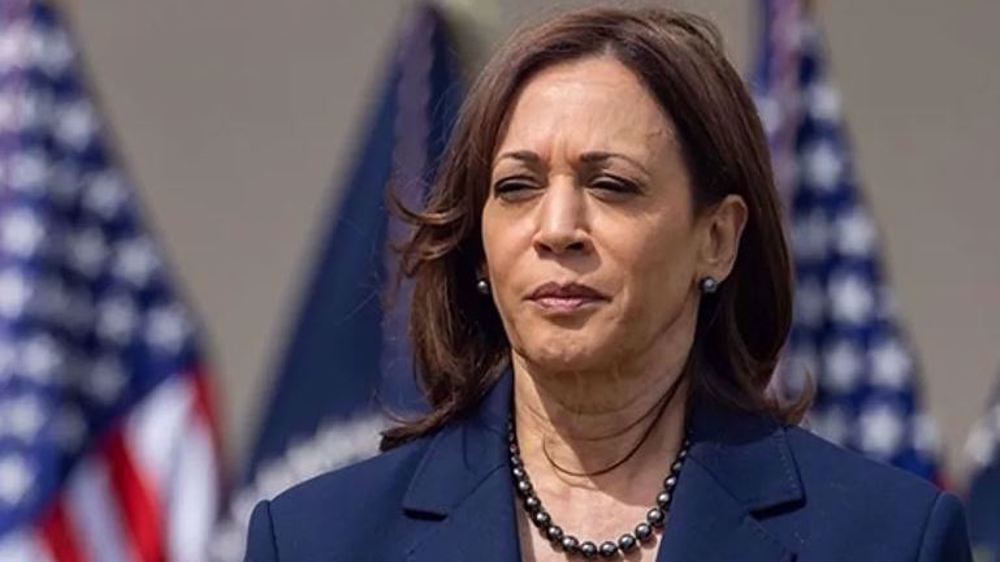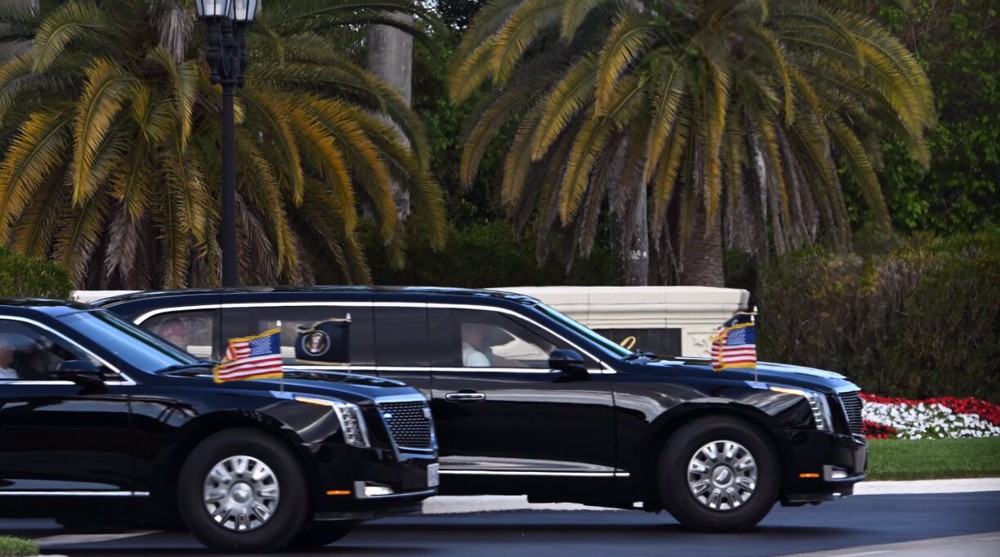Over 80 percent of Americans won't back war over attack on Saudi oil sites: Poll
Most Americans are opposed to the idea of a new US military conflict over the recent attack on Saudi Arabia’s oil facilities, a new poll has found, amid reports that Washington is not ruling out a military response to the attack which slashed the close US ally’s oil output by more than half.
The survey by the Business Insider, released late Wednesday, found that only 13 percent of Americans would want to see a joint military response by the US and Saudi Arabia to the Saturday attack.
Asked what role they think the US should take on in case of a military response by Saudi Arabia, 25 percent of the participants in the survey said "the US should remove itself entirely from the affairs of the region and let Saudi Arabia handle the issue itself."
Around 25 percent said the US should stay out of the conflict at any price and respond by condemning the attack and hit those responsible with sanctions or diplomatic criticism.
The poll found that 16 percent of Americans believe "the US should offer material support in the form of supplies and intelligence to Saudi Arabia for their military response, but no more," while 22 percent said they “don’t know” what the US should do.
Only seven percent of those questioned said the US should support the Saudis with “a complete military assistance in whatever form may be required.”
And 6 percent said the US “should engage in air assaults or bombings as part of a Saudi military response but refrain from committing ground forces."
The attack by Yemen’s Houthi Ansarullah movement forced the Saudi state oil company Aramco to halt operations at its al-Khurais and Buqayq facilities, some of the largest refineries in the world, disrupting the production of around 5.7 million barrels per day (5 percent of global demand).
According to data by the Organization of the Petroleum Exporting Countries (OPEC), that is more than half the kingdom’s overall output (9.3 million bpd), and more than the total production of most countries—aside from the US and Russia.
The surprise attack has already caused oil prices to jump, forcing both the US and Saudi Arabia to tap into their reserves to calm the market. The shortage is also expected to cause gas prices to jump across the US.
US President Donald Trump and senior officials from his administration have on several occasions accused Iran of having a role in the attack, but they have yet to directly pin it on Tehran.
Trump on Wednesday ordered sanctions against Iran to be “increased substantially,” in what observers argue is a response to such allegations.
US Secretary of State Mike Pompeo, who has called the attack an “act of war” and alleged that the attacks might have originated from Iran, traveled to Riyadh later in the day to discuss a possible response with Crown Prince Mohammed bin Salman.
Ahead of Pompeo’s arrival, Saudi officials put on display what they said were remains of the drones and the alleged missiles that were used in the attack, claiming they were Iranian-made. Both Iran and the Yemeni resistance forces have denied the allegations of Tehran’s involvement.
In an official note passed to the Swiss Embassy in Tehran, which represents American interests, the Iranian Foreign ministry condemned and rejected the claims and warned that any action taken against the country over the false accusations will be met with an immediate response.
IRGC: Latest waves of Op. True Promise 4 led to tanker strikes, base shutdowns, heavy casualties
CENTCOM confirms US troops killed in Iran’s retaliatory strikes
China ‘strongly condemns’ US-Israeli assassination of Iran’s Leader
Iran sees no limits in defending itself after Leader's ‘dangerous’ assassination: FM
IRGC strikes USS Abraham Lincoln aircraft carrier with volley of ballistic missiles
Iranian armed forces to pulverize US bases across the region: Pezeshkian
Enemy will take dream of enslaving the Iranian nation to grave: Army chief
IRGC launches largest barrage of missile strikes at Israeli occupied territories











 This makes it easy to access the Press TV website
This makes it easy to access the Press TV website